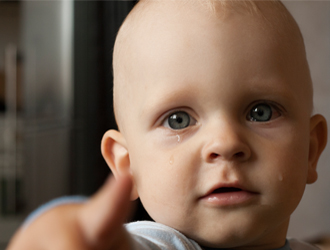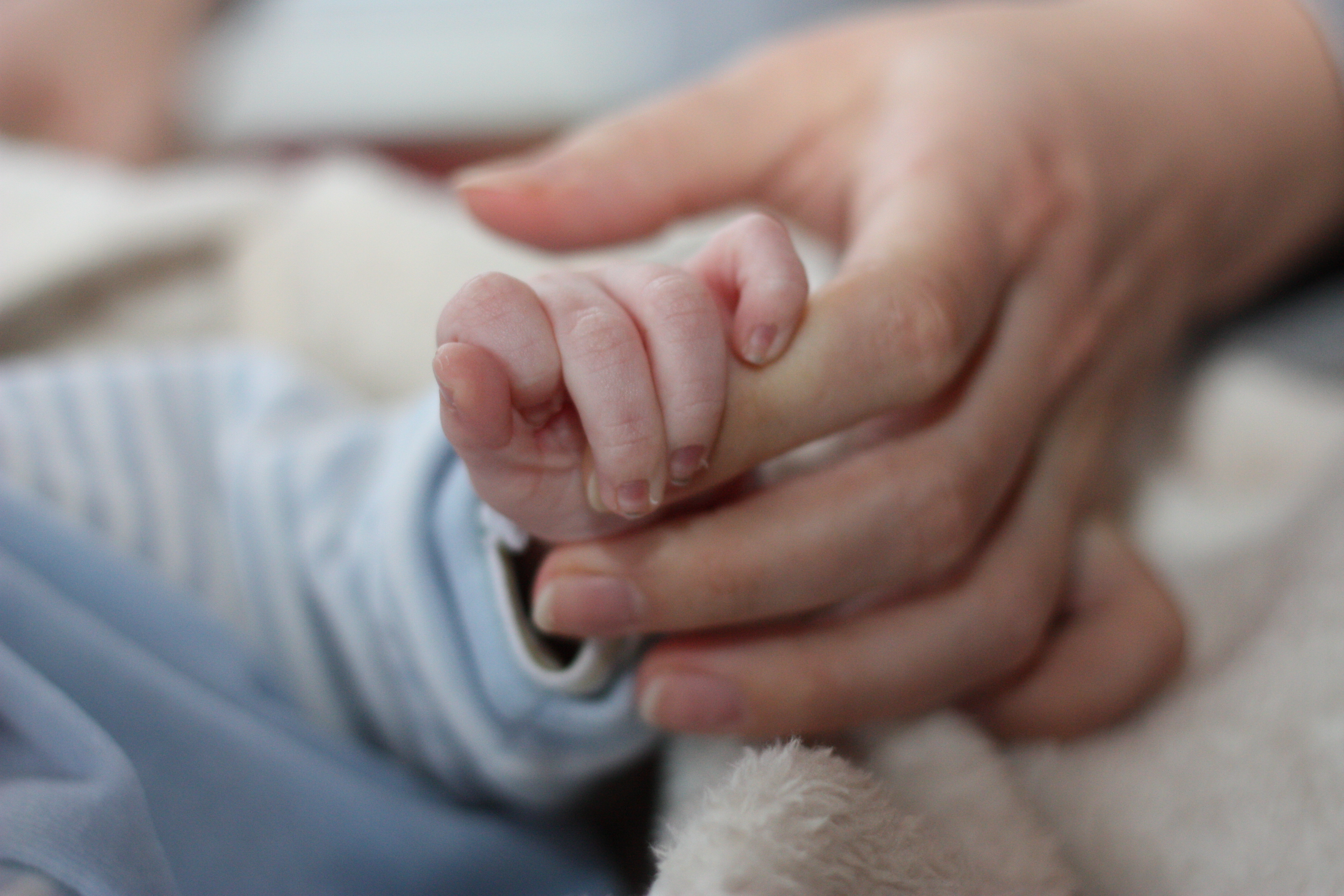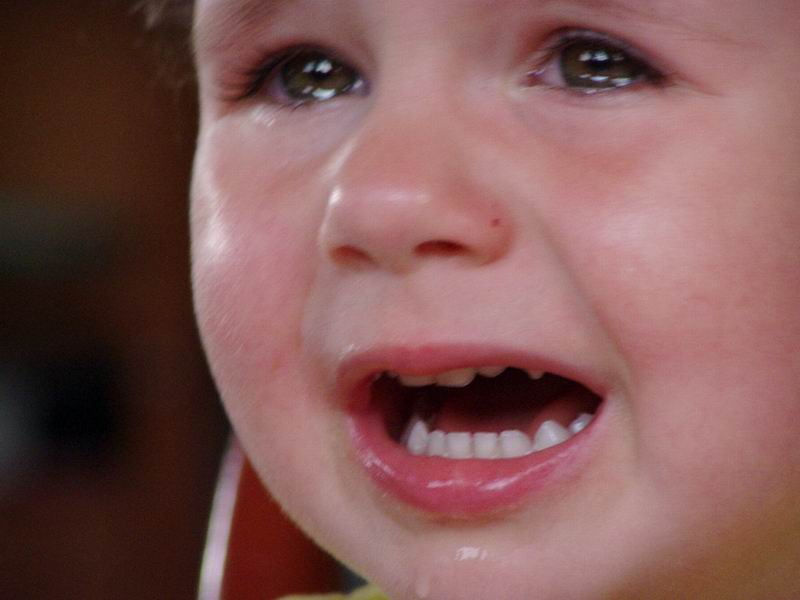 It’s an interesting subject to consider, when you decide how you will care for your new child. Obviously, you’re going to love your child, but it is important for you to clarify what will be part of the daily routine for both of you.
It’s an interesting subject to consider, when you decide how you will care for your new child. Obviously, you’re going to love your child, but it is important for you to clarify what will be part of the daily routine for both of you.
Daycare versus a Nanny versus Staying at Home
There has been a debate for many years about what the best situation is for a new baby. You’ll probably have off at least four to eight weeks after the birth of your baby to recover and bond with your child. Although it’s often possible to extend your time off, it may be with no pay and a loss of benefits.
If you’re going back to work, you’ll need to decide what child care option will be best for you. For many families, a nanny is the best choice, but household help is usually more expensive. In addition, you’ll need to make other arrangements if your nanny becomes sick, injured or leaves the job unexpectedly. However, you’ll have an increased amount of control over the environment that your child is in and the people that he or she comes into contact with.
A large daycare facility is a common choice for many new parents. Here, primary concerns are the germs your child will be exposed to, the level of care they receive and how consistent their care-givers are. Home child care is a popular choice, both because it is often less expensive and because it typically has fewer numbers of children.
If you are considering home child care, you should make sure they are licensed or registered with the state. Home child care centers, due to the number of children that are being cared for, are not always held to the same standards as a professional center. It will be your responsibility to make sure that caregivers pass a background check and that the person who provides care for your child is certified in CPR and first aid. It’s easy to see a home child care center as just a babysitter, but given the amount of time they will spend caring for your child, there needs to be a more formal arrangement.
At a daycare facility, your child will probably be in a group of anywhere from four to ten babies or more, being cared for by up to three people. Socialization is provided at a young age and even with the best possible preventative measures, your baby will almost definitely get sick more often than they would otherwise. However, many pediatricians believe that by building up their immunity at a young age, they are less likely to get sick once they start public school. You’ll want to make unannounced visits, so you can be sure of what goes on and to find out what staff turnover is like. Most children are happier with a set routine and that includes the same people around them on a daily basis.





